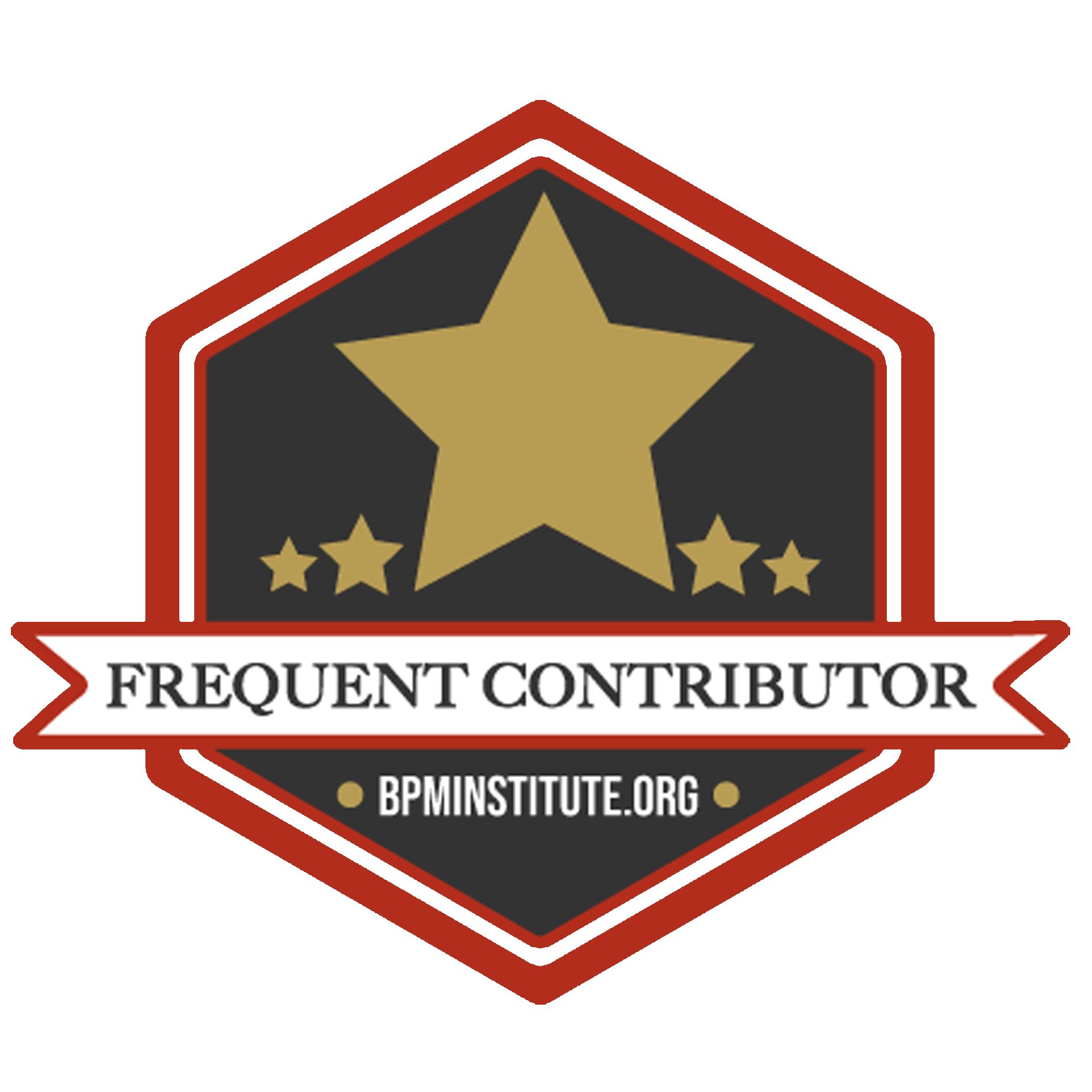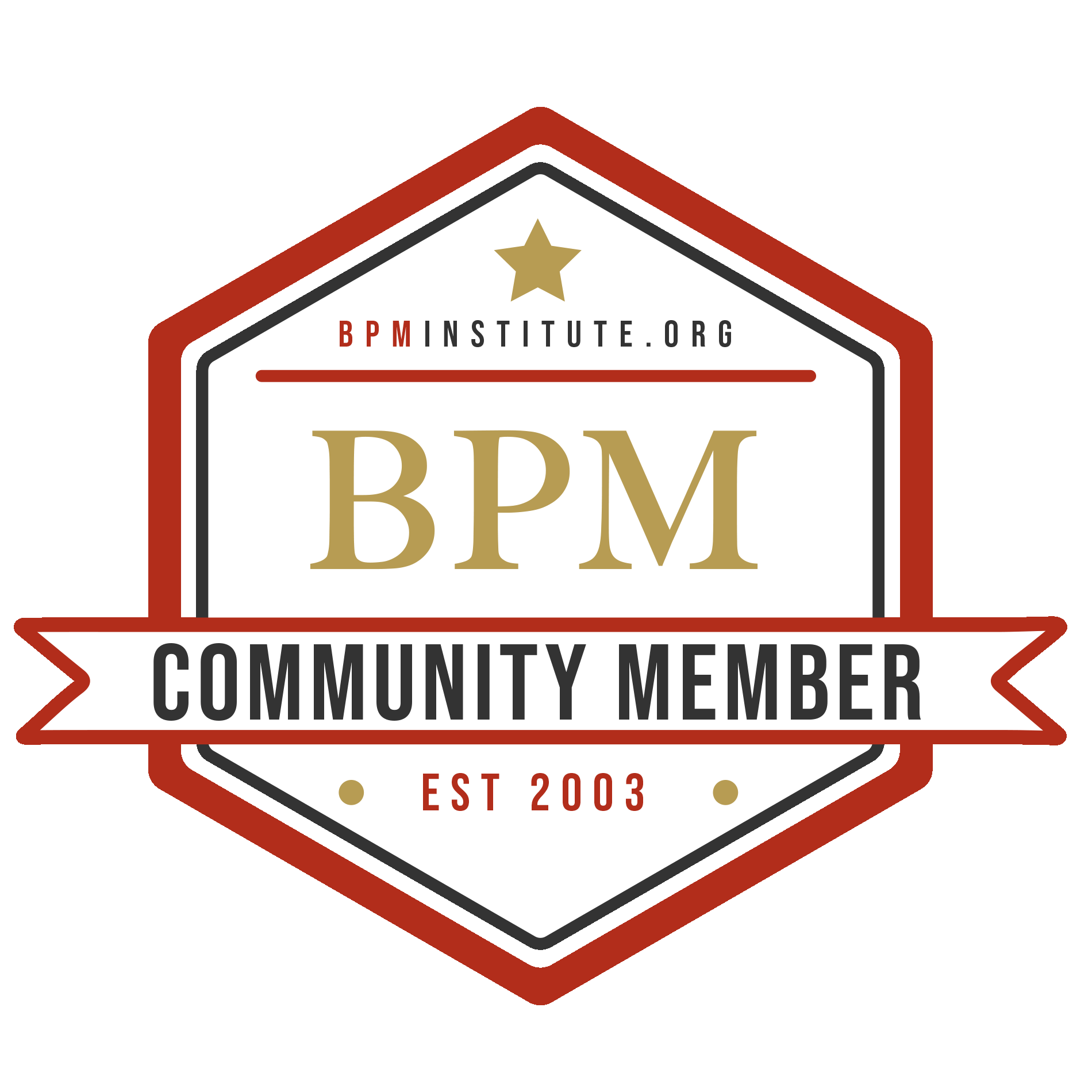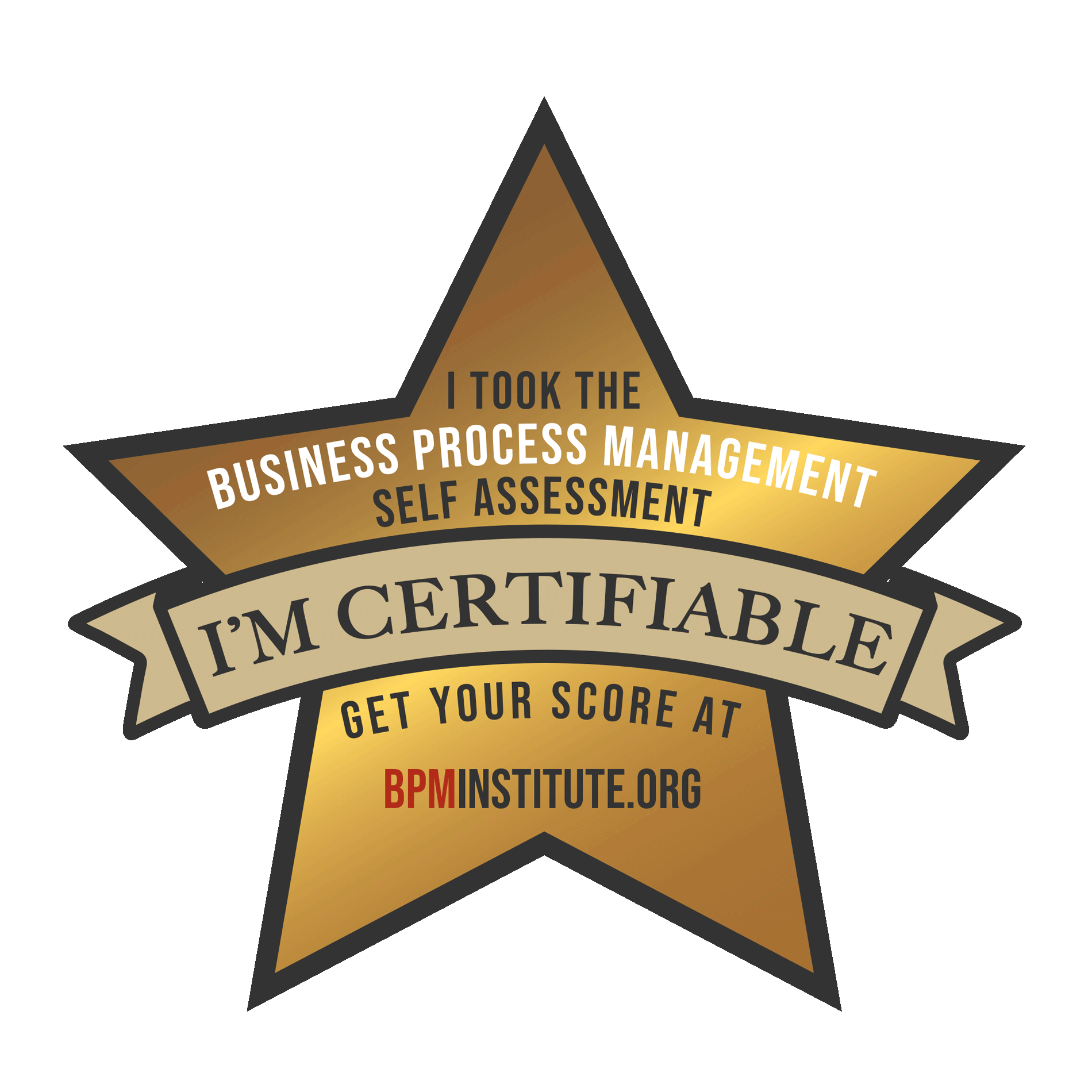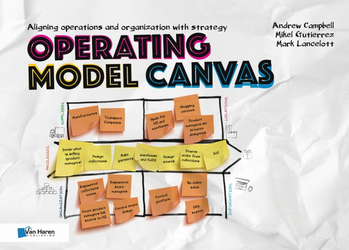Whether I am working on a single process or an operating model, I have found that stakeholder analysis is a good place to start. It is simple to do and often gives insights that are valuable both to the design work and to the transformation work.
Take a page of paper or a flip chart, describe the thing you are designing (process or function or whole organisation) in a circle in the middle, and array the stakeholders on spokes leading away from this central circle. A stakeholder is an individual or group of individuals or organisations who are likely to be affected by the work you are doing or whose requirements will affect the work you are doing.




























